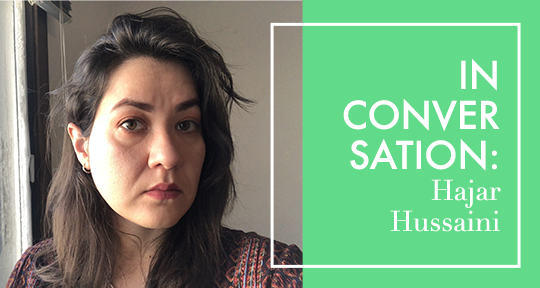This Translation Tuesday—three days before International Women’s Day—we bring you a tragic story self-translated by former Afghan refugee Lida Amiri—centering on the plight of a woman who is not free to pursue love. In her language, parwana refers to a creature that has wings but cannot fly. It is a fitting name for our despairing protagonist, who, up against forces larger than her, stages her escape.
The night is her sole protector, her only companion. It represents shelter from the stares and noiseless chatter of passersby on the streets. People who recognize her whisper, “That’s the general’s daughter that I saw with another young man! How dare she stain the impeccable reputation of a national hero?”
To Parwana[1], her father’s military background has become a curse. With a swift and vigorous hand motion, she desperately tries to delete each of these stinging judgments from her mind.
Suddenly, Parwana stops her agonizing train of thought and notices her immediate surroundings. She sighs and has a last look around her lovingly furnished room. She is just one step away from a pile of mattresses without a bedframe, which she sometimes fell off of when the nightmares reminded her of her wrongdoings. The only piece of furniture in her room is the wooden chest of drawers next to her bed, which is decorated with her perfume bottle and her Surmi—a Kohl used daily to protect her from evil looks because, according to her neighbors, she has all a young woman could wish for: a loving family, a room in her parents’ house, a job as a midwife. Is she actually willing to risk it all? While her heart races as she reminisces, she looks in the small mirror on the chest of drawers before taking a deep breath addressing herself. “The situation can’t continue like this, and you know it. He will be the right one,” she says softly while sighing heavily.


